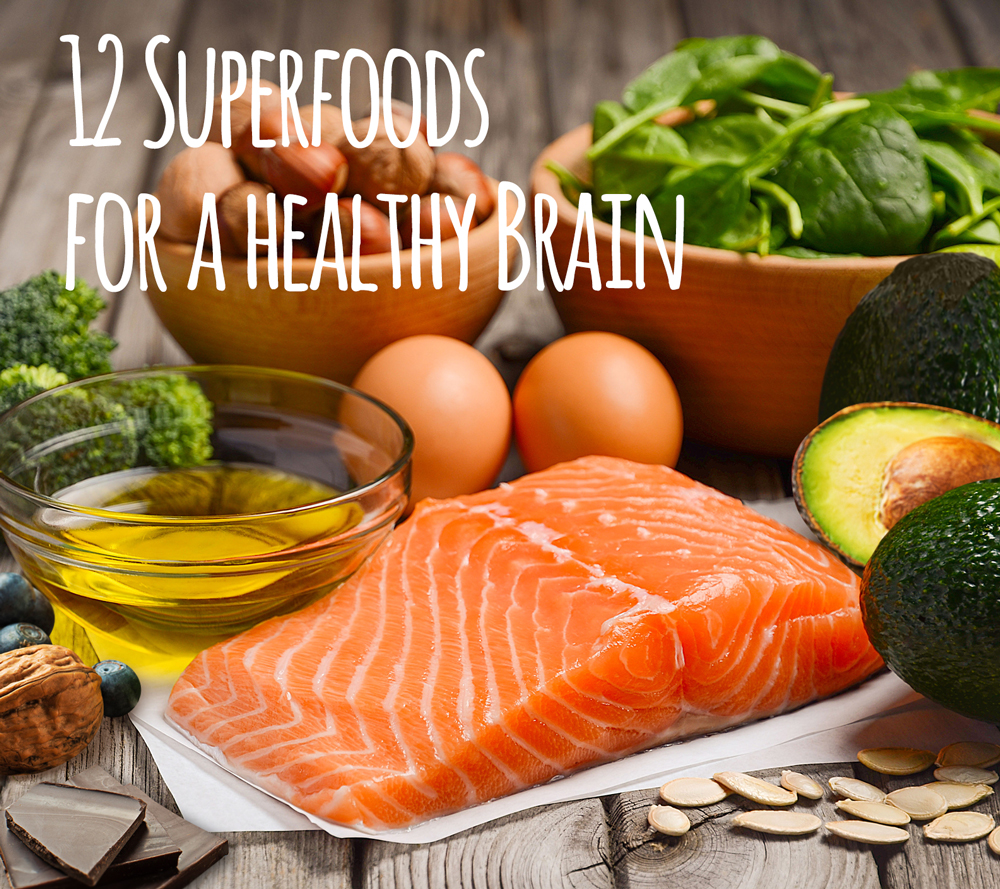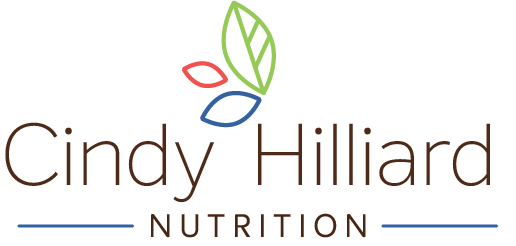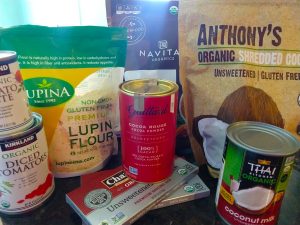We don’t always think about it, but foods that are healthy for our bodies are also good for our brain! That means eating a nutrient-dense diet of real, whole foods will benefit both your body and your mind. Taking care of your brain as you would the rest of your body can help you maintain stable moods, prevent depression and anxiety, reduce symptoms of ADD/ADHD, and help prevent Alzheimer’s and dementia.
As you will notice, many of the foods below contain an abundance of healthy fats and bright colors. The brain is 60% fat. So it’s no coincidence that the brain needs fats and fat-soluble nutrients for optimal function. Don’t be afraid of healthy fats! Your body needs them to be healthy and so does your brain.
The rich color in many nutritious fruits and vegetables comes from phytonutrient pigments like lycopene, betalain, anthocyanin and betacarotene. It’s these plant pigments that actually provide the brain-boosting nutrition!
There are hundreds of foods that provide benefit to the brain, but the ones listed below are some of my favorites for supporting the body and brain, so try to incorporate them into your diet on a regular basis!
Coffee
Yes, coffee! Coffee’s stimulant effect provides us with increased alertness and mental sharpness, and may boost serotonin production, which in turn can improve mood! High in antioxidants, it also fights oxidative stress. Studies have recently associated coffee consumption with a marked reduction in dementia (1, 2).
Walnuts
Walnuts contain high levels of minerals, phytonutrients, and omega 3 fatty acids that help improve mental alertness. They also contain high amounts of vitamin E in the form of gamma tocopherol, which can also help reduce the effects of metabolic syndrome and Type 2 diabetes, which in turn can help prevent Alzheimer’s disease. Alzheimer’s is often referred to as Type 3 diabetes because of the significantly increased risk of developing the disease when Type 2 is present.
Avocado
Lutein, the carotenoid that gives avocados their yellowish green color helps improve memory and concentration. Avocados also contain folate (B9) and vitamin K, both of which help protect against stroke, and help improve memory and cognition. They are also packed with monounsaturated fats that keep blood sugar levels stable, which can prevent mood swings.
Blueberries
Blueberries contain some of the high levels of antioxidants of any fruit. Antioxidants help reduce inflammation and oxidative stress, and therefore can improve cognitive function. The phytonutrient anthocyanin also helps prevent cognitive decline by protecting nerve cells. Blueberries also can help improve focus and working memory. (3)
Fermented foods
Probiotic-rich foods like kimchi, sauerkraut, yogurt, and kefir, have been shown to reduce inflammation and support a healthy gut flora. A tablespoon or two of one of these fermented foods can contain billions of good bacteria! A healthy and diverse gut microbiome is essential for a healthy brain! Did you know your gut and brain are directly connected via the vagus nerve, or that most of the “feel good” neurotransmitter, serotonin, is produced in the gut. Healthy serotonin levels are essential in preventing mood disorders and depression.
Dark chocolate
Cacao contains magnesium and flavonals, a type of phytonutrient, which has anti-inflammatory and antioxidant effects. The flavanols in chocolate accumulate in the brain centers that control learning and memory. A 2017 Frontiers in Nutrition review suggests that these flavonals in dark chocolate, can also help improve the brain’s reaction time. When selecting chocolate, be sure to choose chocolate that is at least 75% cacao to reap the benefits. The health benefits of chocolate with lower cacao percentages are greatly reduced because of the high sugar and milk content and low amounts of cacao present. (4, 5)
Broccoli
The high amounts of vitamin K and choline in broccoli help improve memory, and its folate content can help improve mood and cognition. Broccoli is also loaded with antioxidants that can help reduce inflammation, which in turn can improve overall brain function.
Olive oil
Olive oil is rich in polyphenols, which help improve memory and help prevent Alzheimer’s. It also contains high levels of antioxidants that have been shown to reverse age- and disease-related learning and memory decline. Adding healthy fats like olive oil to each meal can also help stabilize blood sugar throughout the day, which can help reduce mood swings. (6).
Coconut oil
Coconut oil contains medium chain triglycerides (MCTs), which help provide fuel for the brain. The MCTs are easier to digest than many other fats allowing them to quickly break down into ketones, which can be used by brain cells for fuel. Some preliminary studies have shown that ketones can help protect the brain from the plaque associated with Alzheimer’s disease (7). Coconut oil is also helpful for memory and reducing inflammation.
Beets
Beets contain very high concentrations of betalains, a class of phytonutrient pigments that has anti-inflammatory and antioxidant properties, and also helps your body detoxify. The nitrates in beets convert to nitric oxide which help increase blood flow to the brain which may help with cognitive performance. This process also improves neuroplasticity, which is the brains ability to form new connections.
Salmon
Salmon is well known for containing high levels of omega 3 fatty acids. Omega 3s are essential to building brain cells. They have also been shown to reduce ADD/ADHD symptoms in children, and are essential for learning and memory .
Eggs
Egg yolks are one of the most concentrated food sources of choline, a nutrient that is concerted by your body into acetylcholine, a neurotransmitter that helps regulate memory and mood. Eggs also contain vitamins B6, B12, and folate that help slow mental decline in the elderly. Eat the yolks!
How many of these brain-healthy foods do you eat on a regular basis?

__________________________
All content on CindyHilliard.com is for information purposes only and is not to be used in place of medical advice or treatment. Always seek the care of a medical professional if you have health concerns.
__________________________
Links on CindyHilliard.com may be affiliate links, which means that I may receive a small commission if a purchase is made by clicking a link, with no additional cost to you. I only share links to products that I truly use and recommend!
Cindy Hilliard Nutrition is a participant in the Amazon Services LLC Associates Program, an affiliate advertising program designed to provide a means for sites to earn advertising fees by advertising and linking to amazon.com





Pingback: 40 Healthy Habits for a Healthy Family • Cindy Hilliard Nutrition